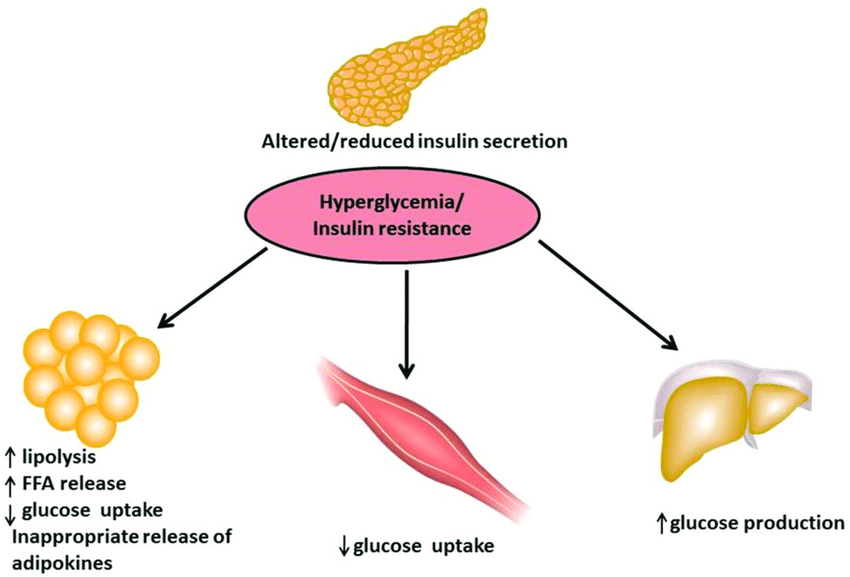



Physiology is the study of the processes and mechanisms that occur within an organism. Disease physiology is usually complicated, requiring interactions across several organs and tissue types. The pathophysiology of diabetes is connected to insulin levels in the body as well as the body's capacity to use insulin. Type 1 diabetes has no insulin, but type 2 diabetes has peripheral tissues that resist insulin's actions. Diabetes has a complicated aetiology involving several hormones (i.e., insulin, glucagon, and growth). The pathological processes of this illness are difficult to pin down and vary widely between patients due to the interplay of these hormones with the liver and their role in renal function.
All accepted abstracts will be published in respective Allied Academies Journals.
Abstracts will be provided with Digital Object Identifier by
